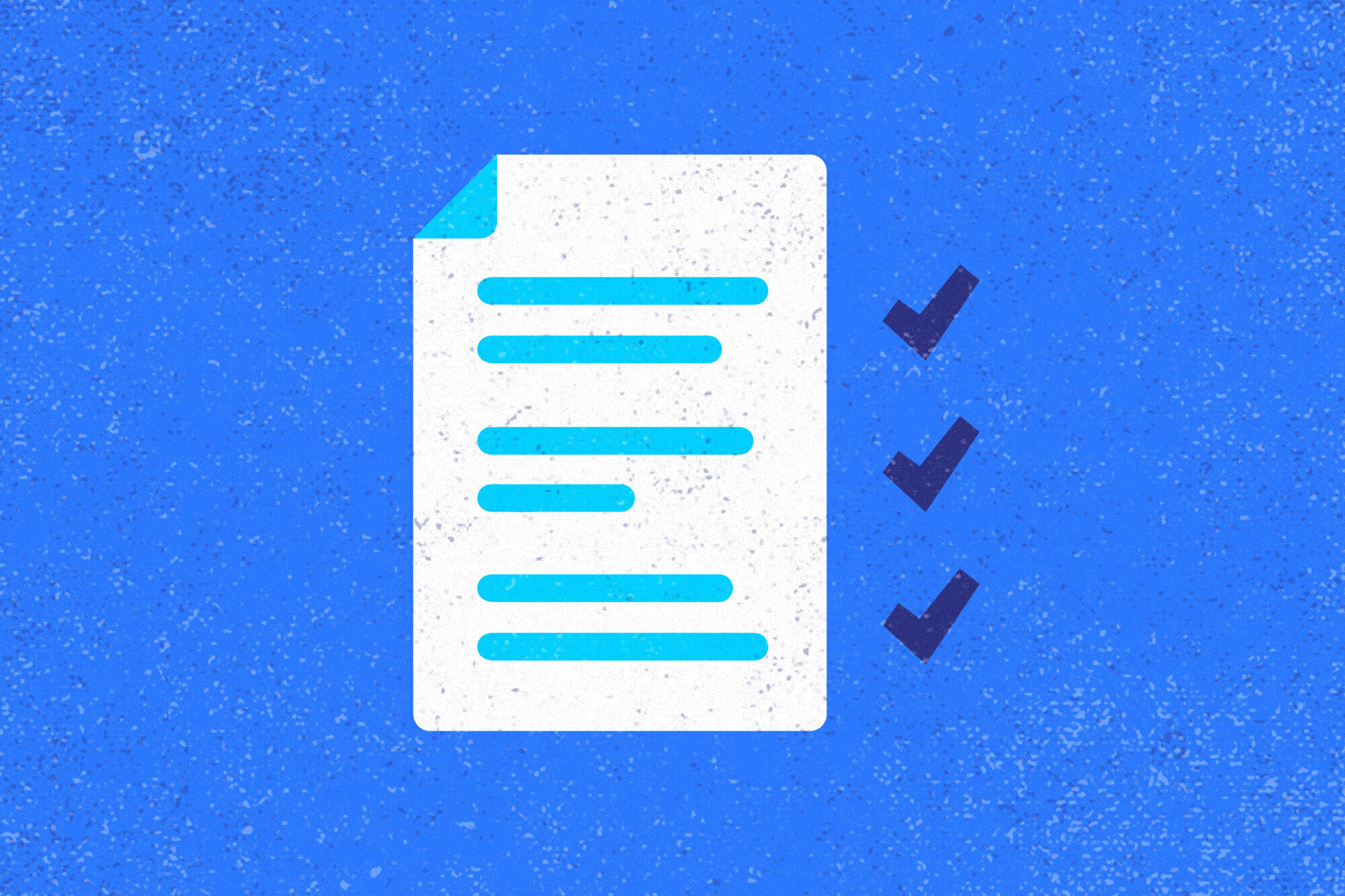Contacting Your Legislators
If you have legislation you’d like to see introduced, you must find a city councilor, state legislator, or a member of Congress willing to sponsor it. If you want to find your local legislators, you can start here:
Simply enter your address and a list of both your federal and your state officials will pop up. Some amount of information will be on their information cards (typically just a phone number to their government office) but if you select “Homepage” it will take you to their personal website. Then, you can select “Contact” and from there you can either request a meeting or access their email address so that you can reach out.
If you select ‘Request a meeting’ it will take you to a form where you can give more information about yourself and why you’d like to request a meeting. It will give you the option of choosing between a meeting in your local office or in Washington, D.C.
Most elected officials only make time to listen to their voting constituents, which is why they ask for detailed address information on their contact forms. While any elected official may choose to listen to business or nonprofit leaders from outside their constituency, most commonly they prefer to talk to constituents. Advocates should always bear this in mind when planning a legislative contact strategy.
Composing Your Request
If you prefer to send an email to request a meeting, your message should be brief but include some essential information. Ideally, someone that resides in their jurisdiction should request the meeting. If you are not currently living in their jurisdiction, mention any other connection. Did you previously live there? Did your grandchildren go to school there? Do you work there? Do you coach sports there?
Be careful with your wording when opposing transgender policies. It is important to highlight that you are pro women’s rights and pro lesbian/gay. If you don’t do this, you may be quickly written off by most Democratic lawmakers. If you are lobbying for amendments to the Equality Act, you could emphasize WoLF’s commitment to expanding civil rights protections to lesbians and gays, and commitment to women’s rights.
Example Email to Request a Meeting:
To: Legislative Staffer
Subject: Meeting Request
Hello,
My name is [___]. and I currently [reside or work] in [city/county/town/state].
I volunteer with the Women’s Liberation Front which works to respect the rights, privacy, and safety of women and girls. I’d like to schedule a meeting with [Rep./Sen. ____], or a legislative staffer, to discuss how the Equality Act will have adverse effects for women. I am available during [best times for your schedule] for a call. [If no covid restrictions: I would like to meet at your [location ____] office.]
Thank you,
[Your Name]
Another example:
Dear [Senator/Representative] [Last name]:
My name is [________]and I reside in your district [or list your other connection to their district. Do you teach there? Coach sports there? Work there?].
[State why you support or oppose the bill or other issue here. Choose up to three of the strongest points that support your position and state them clearly]
[Tell your representative why the issue is important to you and how it affects you, your family member and your community.]
[Tell your representative how you want her or him to vote on this issue and ask for a response.]
Sincerely,
[Your Name]
[Your street address City, State, Zip code]
Other Email Examples:
Here is an example email, written in 2019, to Maryland senators in opposition to “unspecified” or “X” designation on drivers’ license and other forms of state ID.
Here is an example email written in opposition of a self ID bill allowing trans-identified males to access women-only shelters.



